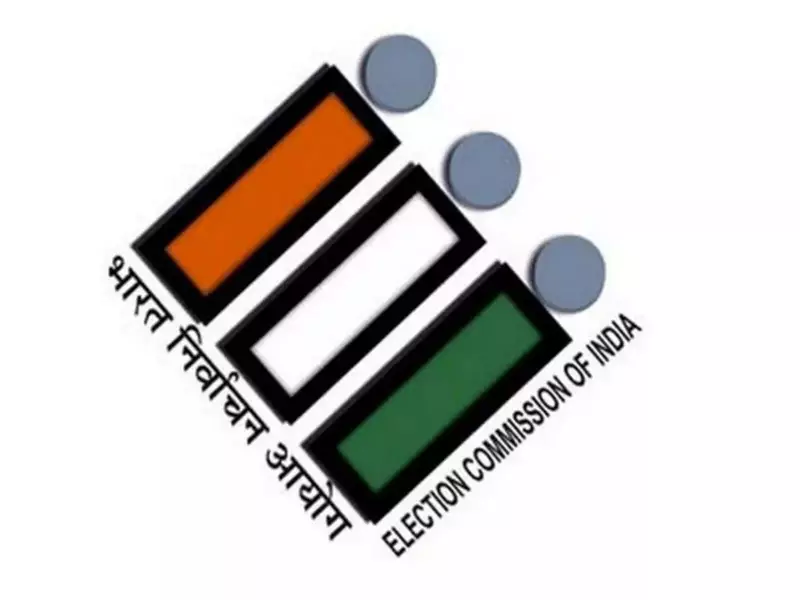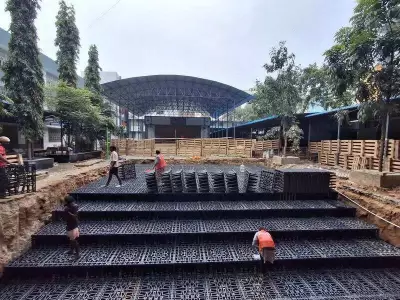
Assam is undergoing a unique Special Revision (SR) of electoral rolls that differs significantly from the Special Intensive Revision (SIR) by excluding mechanisms to detect deliberate multiple entries of names across different locations. This revelation comes from the state's chief electoral officer, Anurag Goel, who explained both the capabilities and limitations of the current system.
Software Limitations in Detecting Duplicate Voters
According to Goel, the Election Commission's de-duplication software can identify duplicate entries based on demographic and photo similarity. However, the system faces significant challenges when individuals change their surnames or use different photographs across registrations. The software remains active only during Special Revision or Special Summary Revision periods, creating potential gaps in detection capabilities.
The CEO emphasized that the success of this special revision largely depends on heads of families providing accurate information about household members and their enrollment status. "We will depend on the correct information provided by the head of the family or whoever provides the information from the family", Goel stated, acknowledging there's no mechanism to detect if someone enrolls in Assam while maintaining registration in their home state.
Why Assam Needs Special Electoral Revision
This marks the first time any Indian state is conducting a Special Revision of electoral rolls, a measure necessitated by Assam's unique citizenship provisions. The pending publication of the National Register of Citizens (NRC), which will serve as conclusive proof of citizenship, has driven this exceptional approach.
Goel explained that while Special Summary Revision (SSR) represents routine procedure and Special Intensive Revision (SIR) involves thorough verification, SR occupies a middle ground aimed at ensuring error-free electoral rolls. All political parties participating in recent meetings supported conducting SIR only after NRC publication rather than implementing it immediately.
How the Special Revision Process Works
Under the SR framework, booth-level officers (BLOs) will conduct home visits where heads of families or competent members verify the number and names of eligible voters within households. The process includes deletion of deceased voters' names and provision of forms for new voter inclusions, which must be submitted within specified deadlines.
Existing voters won't need to provide documentary evidence during verification, as certification by family heads will suffice. New voters, however, must submit documents establishing linkage with existing voters. The Election Commission has set January 1, 2026 as the qualifying date for this exercise, with final voter lists scheduled for publication on February 10.
The primary objective of this special revision remains ensuring all eligible voters find inclusion while removing ineligible individuals from electoral rolls, creating a more accurate voting system for Assam's unique demographic landscape.





